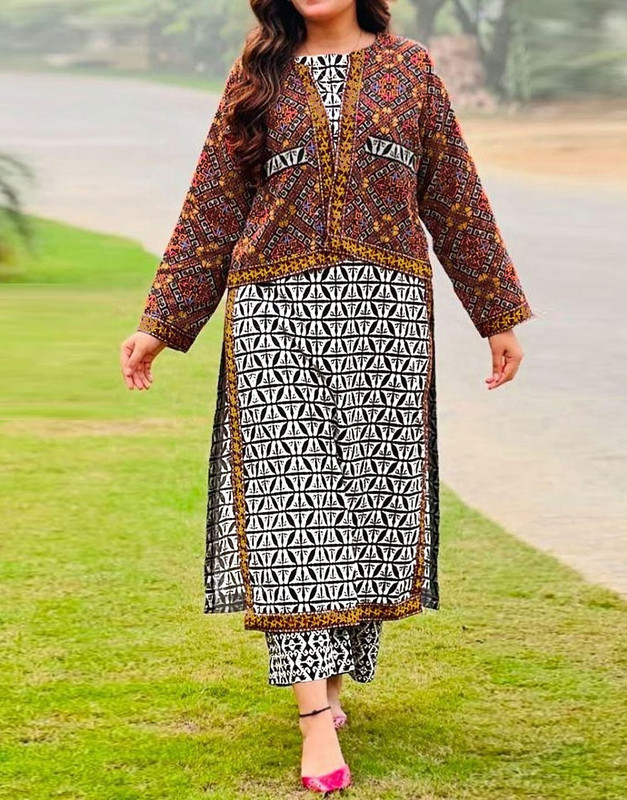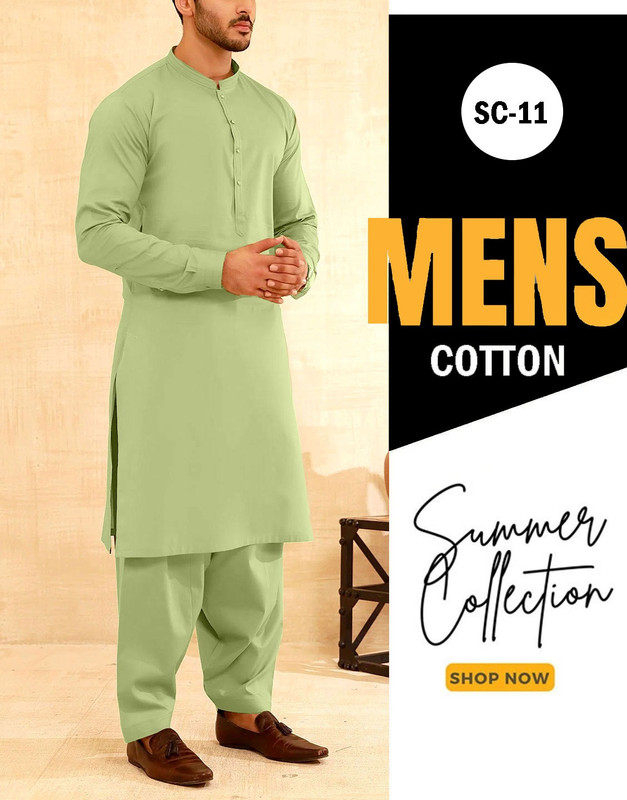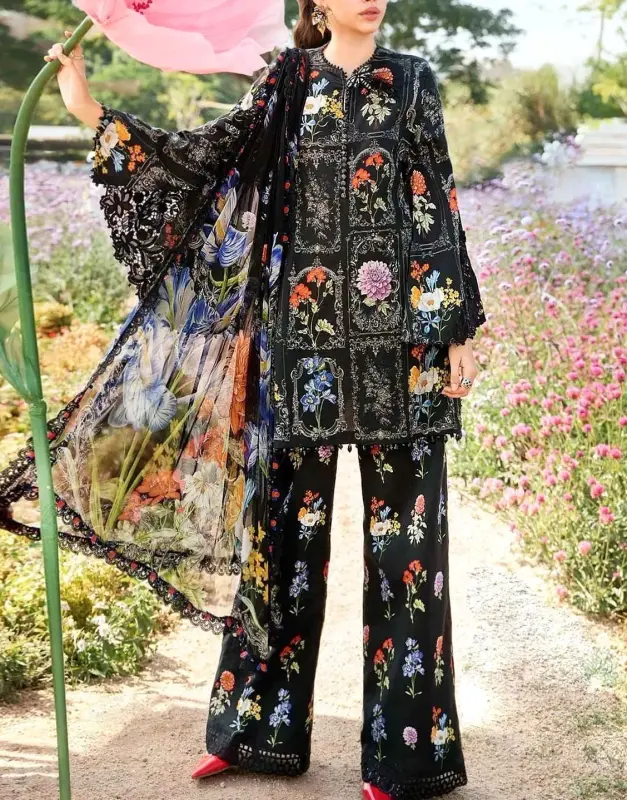The Global Rise of Minimalism: Why Owning Less Means Living More
In a world obsessed with more "" more clothes, more gadgets, more notifications "" a quiet revolution is taking place. Minimalism, the art of owning less and living intentionally, is inspiring people across the globe to let go of clutter and rediscover what truly matters. From Tokyo apartments to New York studios, from digital detoxes to capsule wardrobes, minimalism has become more than a lifestyle "" it's a mindset shift towards peace, purpose, and freedom.
The Meaning Behind Minimalism
Minimalism isn't about living with empty walls or throwing away everything you love. It's about keeping only what adds value to your life. As Japanese organizing consultant Marie Kondo famously says, "Does it spark joy?" If not, it's time to let it go.
This philosophy encourages people to remove physical, digital, and even emotional clutter, allowing them to focus on experiences, relationships, and personal growth instead of endless consumption.
How It All Started
While the concept of simple living has existed for centuries "" rooted in Zen Buddhism, Stoicism, and even Islamic modesty "" modern minimalism began gaining global attention in the 2010s. Documentaries like Minimalism: A Documentary About the Important Things and bestsellers such as The Life-Changing Magic of Tidying Up made simplicity look not only achievable but deeply fulfilling.
Today, minimalism isn't limited to interior design "" it has spread to digital habits, fashion, travel, and even social media.
Minimalist Homes: Where Less Feels Like More
Walk into a minimalist home and you'll immediately feel calm. Neutral colours, open spaces, and uncluttered shelves give room for both light and thought. Every object has a purpose and place.
In Japan, minimalist living is deeply cultural. Many Japanese homes embrace "Ma," the concept of negative space "" the beauty found in what's not there. Similarly, Scandinavian minimalism focuses on clean lines, natural light, and functionality, creating spaces that are both cozy and clear.
A Pakistani minimalist might describe their journey differently "" choosing fewer clothes, reducing waste, or simplifying their daily routine to reduce stress. The essence is the same everywhere: freedom from excess.
Digital Minimalism: The New Freedom
It's not just physical clutter that overwhelms us "" it's digital noise too. Constant notifications, social media scrolling, and endless emails drain mental energy. Digital minimalism, a concept popularized by author Cal Newport, promotes intentional technology use "" focusing on meaningful online activities instead of mindless screen time.
Tips for a Digital Detox:
- Turn off non-essential notifications.
- Set "no-screen" hours before bed.
- Unfollow accounts that don't inspire or add value.
- Try a weekend without social media "" and notice how peaceful it feels.
Stories from Around the World
- Joshua Fields Millburn and Ryan Nicodemus (The Minimalists) "" Two Americans who gave up their corporate jobs and luxurious lifestyles to live simply and share their message worldwide.
- Fumio Sasaki, a Japanese author, lives with less than 100 items and says, "The fewer things I own, the more clearly I can see what's truly important."
- Emma Gannon, a British writer, embraces digital minimalism by curating her online presence and focusing on creative work that brings joy rather than distraction.
Their stories show that minimalism isn't about deprivation "" it's about freedom, clarity, and control.
Practical Tips to Start Your Minimalist Journey
- Start Small: Declutter one drawer, one corner, or one app at a time.
- The One-Year Rule: If you haven't used it in a year, you probably don't need it.
- Buy Quality, Not Quantity: Invest in fewer, better things that last longer.
- Simplify Your Wardrobe: Create a capsule collection of your favourite pieces.
- Declutter Your Mind: Practice mindfulness or journaling to focus on what really matters.
Final Thoughts
Minimalism isn't about living with nothing "" it's about living with enough. It's about making space "" physically, mentally, and emotionally "" for the things that bring peace and joy.
In a world that constantly tells us to want more, minimalism gently whispers:
"You already have everything you need."




